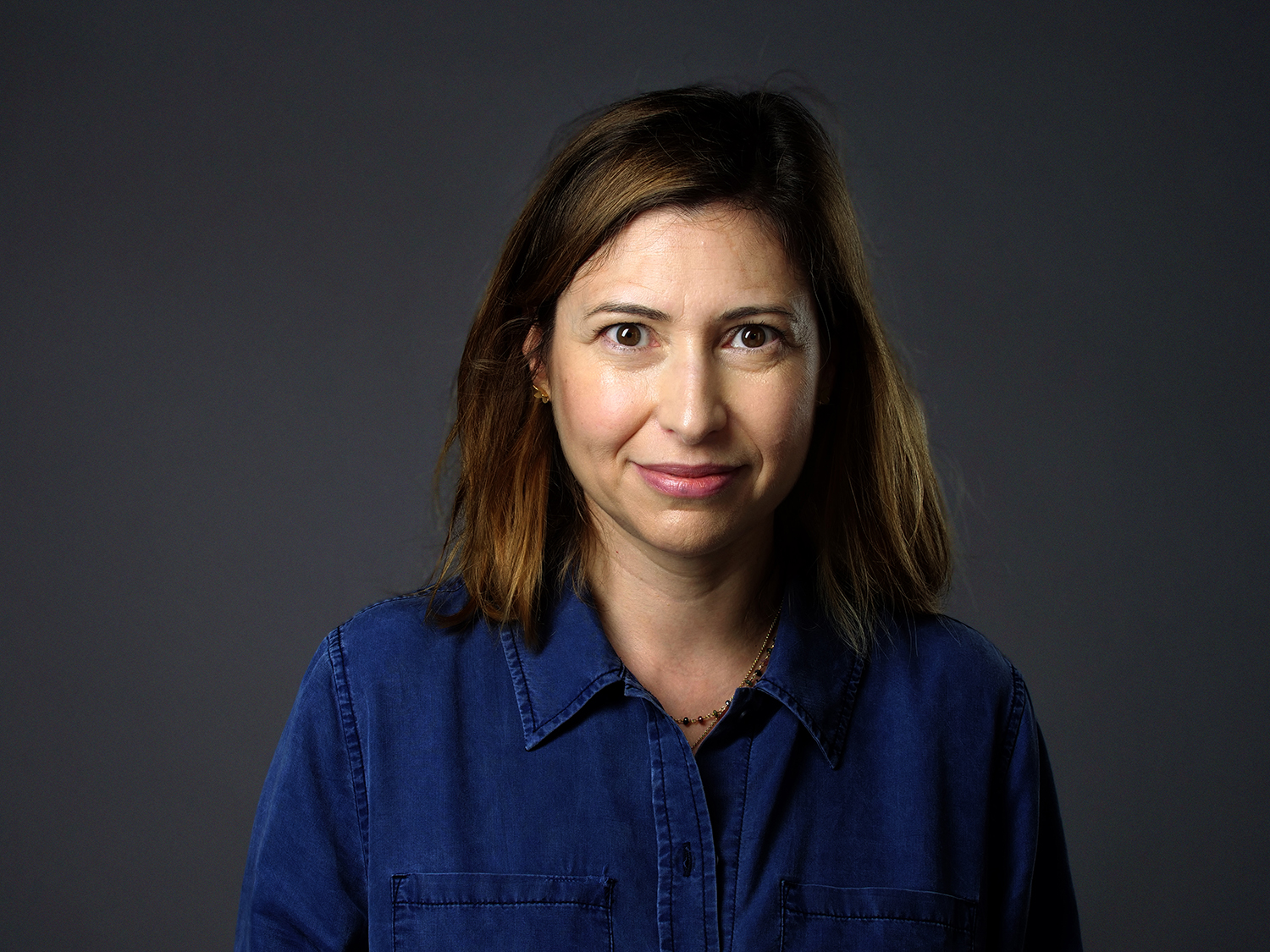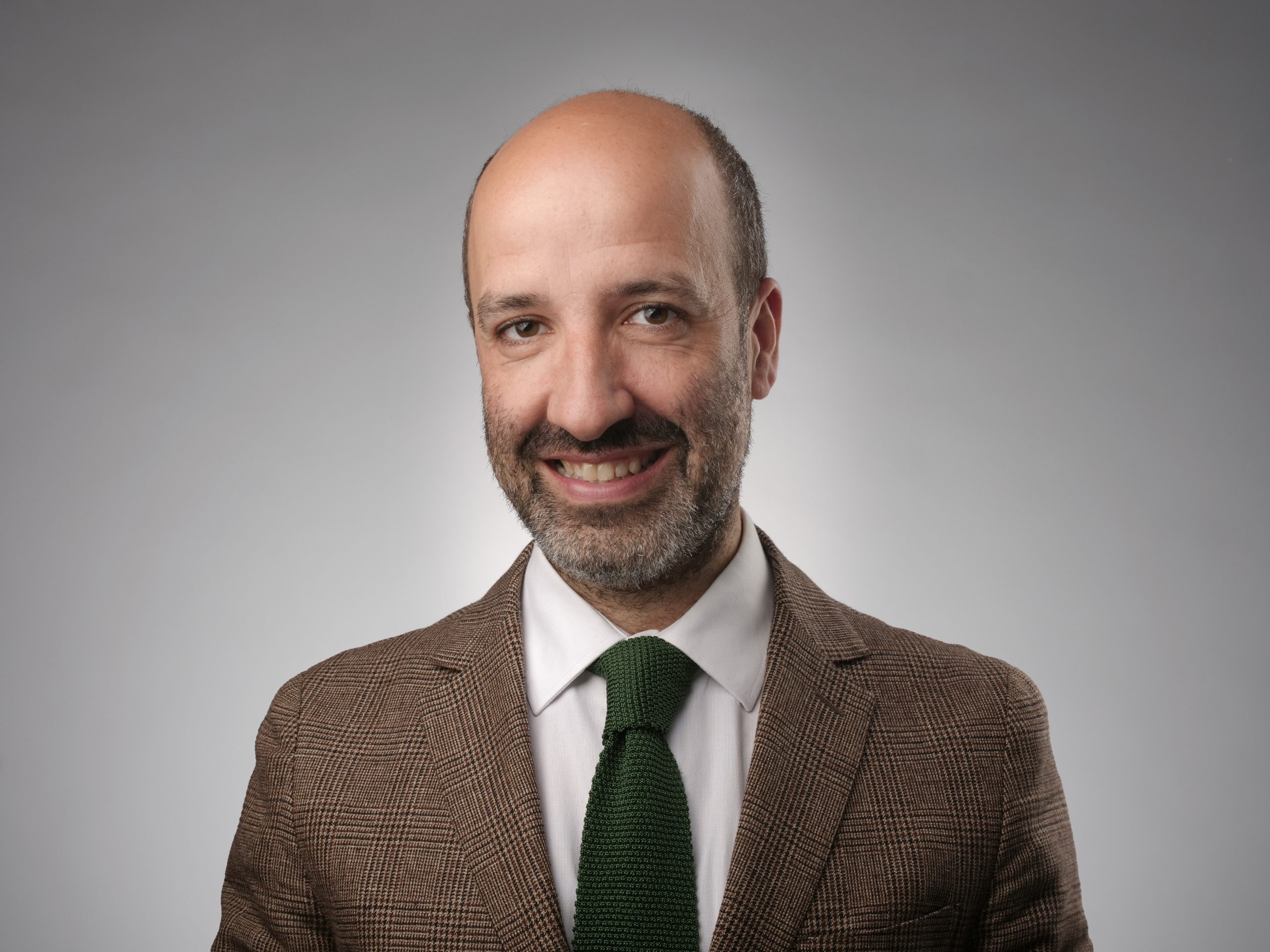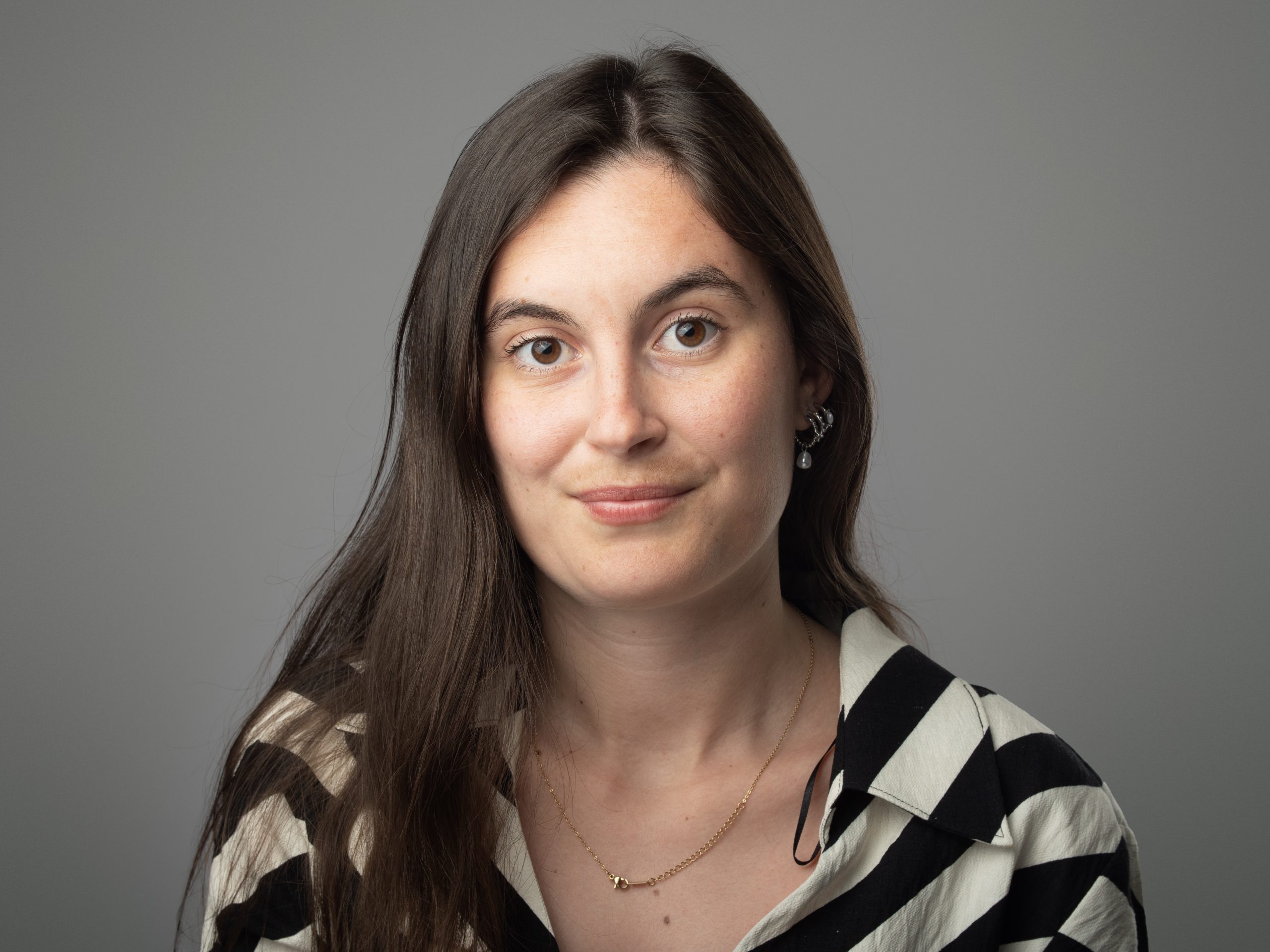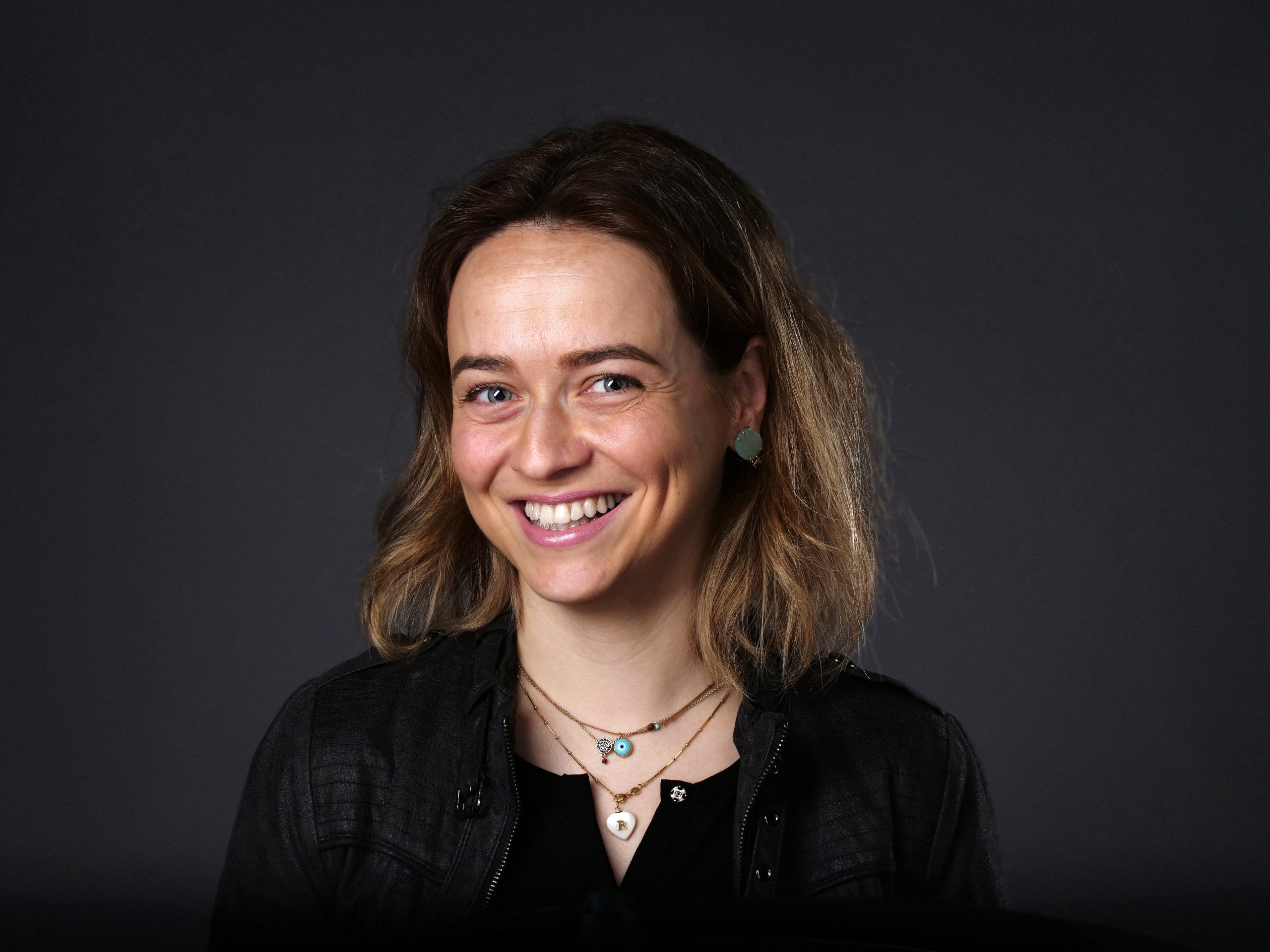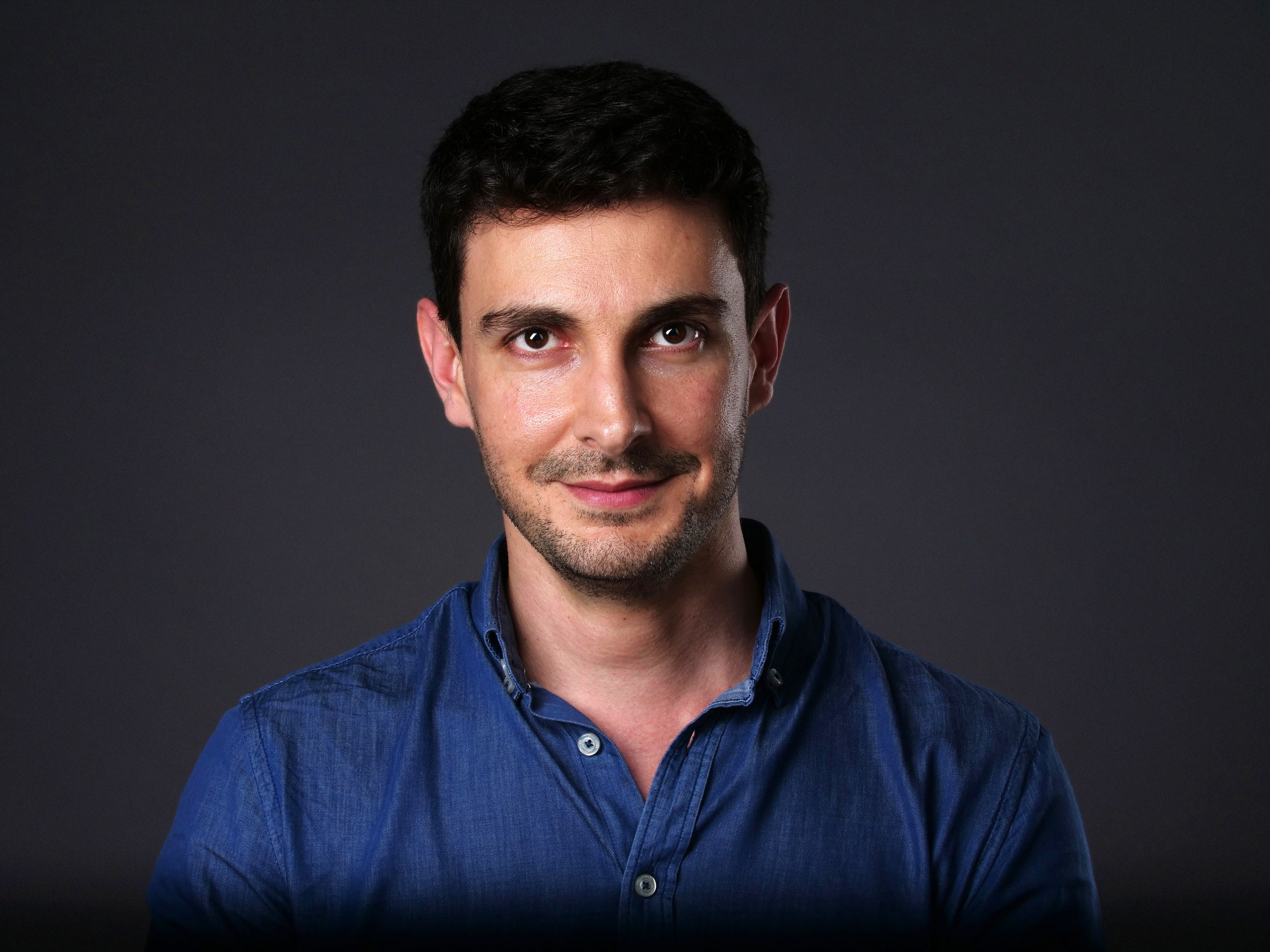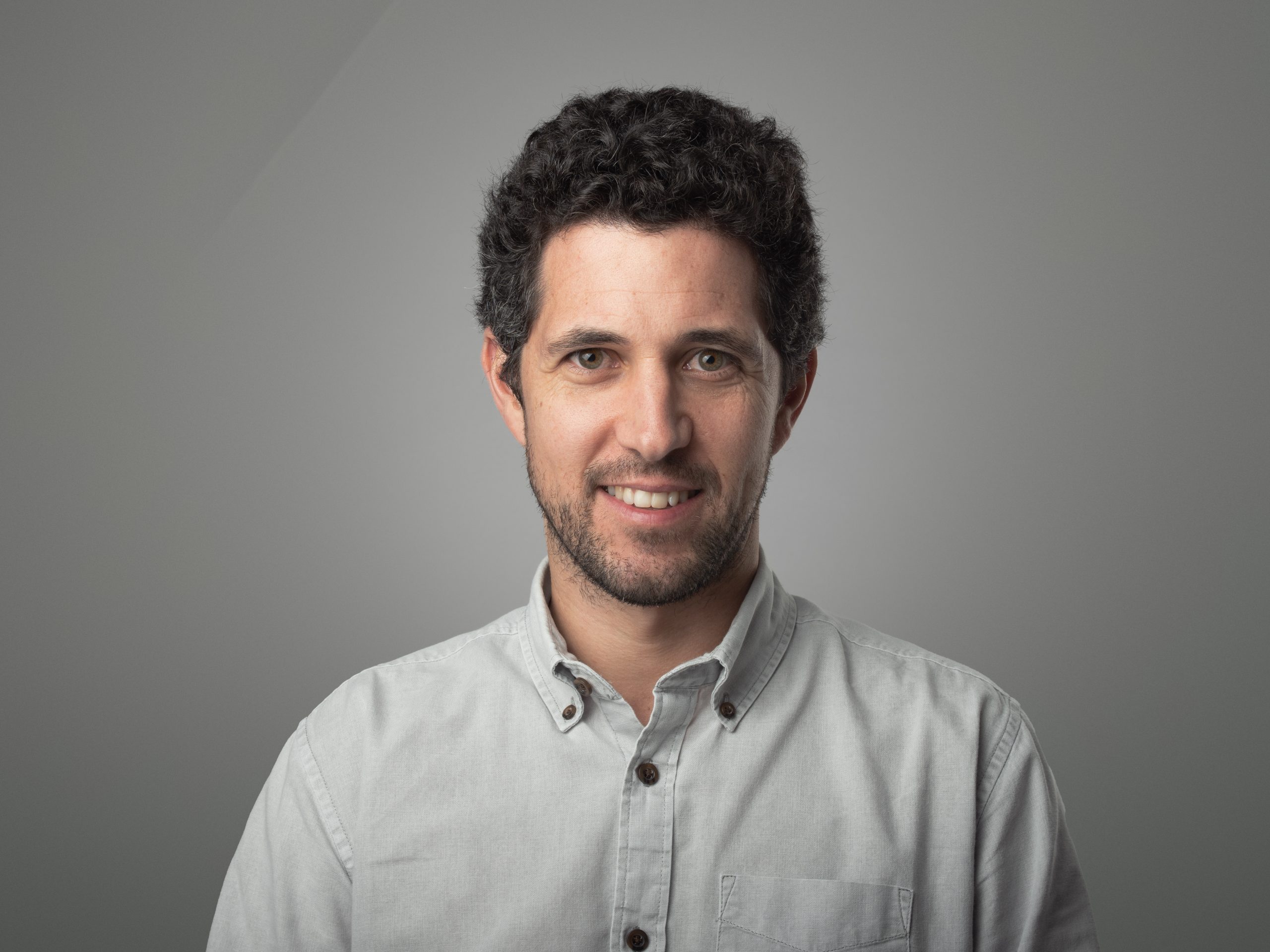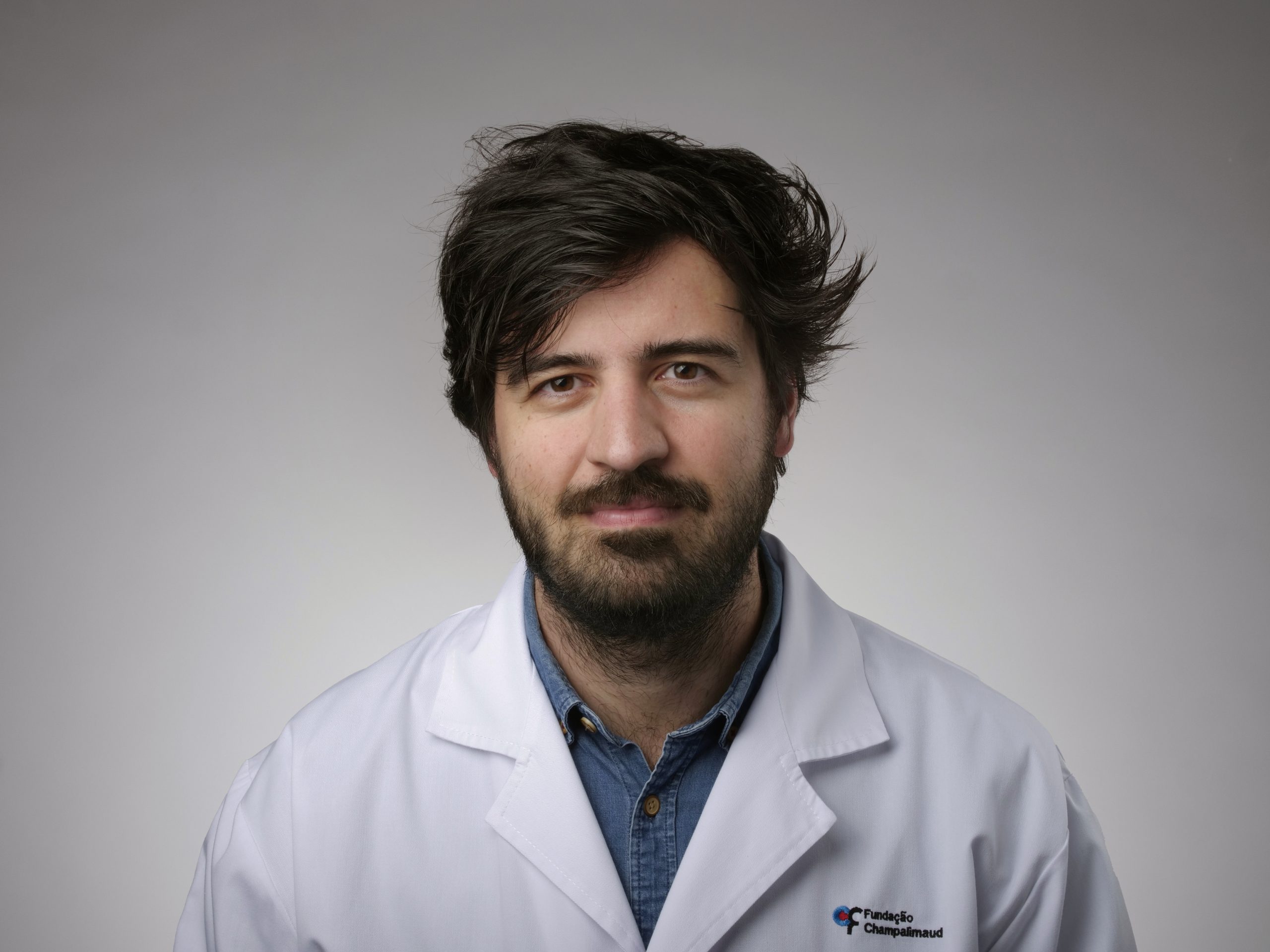Cognition and Survivorship
The Cancer and Cognition Research Lab aims to investigate the impact of cancer and its treatments on cognitive function. It is a close collaboration with the Neuropsychiatry Unit, led by Dr. Albino Oliveira-Maia.
The lab was initially established within the Breast Unit following the award of a Horizon 2020 grant to study predictive factors of resilience in women facing a breast cancer diagnosis and treatment. One of its flagship projects, the Champalimaud-Helsinki Cognitive Study, fostered a multidisciplinary collaboration between oncologists, psychiatrists, psychologists, neuropsychologists, neurologists, and neuroradiologists to explore Cancer-Related Cognitive Impairment (CRCI).
The lab is particularly focused on understanding CRCI in breast cancer survivors—a research area that remains underexplored within the broader field of cancer survivorship.
Our research focus on:
• Understanding Cancer-Related Cognitive Impairment (CRCI)
• Exploring biomarkers of cognitive dysfunction in cancer patients
• Integrating digital health and precision medicine approaches
Our Clinical studies examine the potential of physical exercise as a concurrent therapy along with standard care to counteract the overall side effect burden of breast cancer treatment resulting from fatigue, cardiotoxicity, neuropathies, and sleep disturbances. Examples of our clinical research include a 4 to 6 month randomized controlled trial that is examining the impact of supervised exercise on Ki67 among breast cancer patients undergoing neoadjuvant treatment (The Neoadjuvant Exercise Oncology Program – NEO -Program). We have other clinical trials in preparation to 1) examine whether resistance exercise can improve tolerability to cyclin-dependent kinase 4/6 inhibitors (CDK4/6i) with endocrine therapy in estrogen receptor-positive (ER+)/Human Epidermal Receptor 2-negative (HER2-) breast cancers and 2) to determine whether physical exercise can improve sleep patterns during adjuvant hormone therapy in hormone-dependent (HR+) breast cancer.
Epidemiological studies use already existent data resources to expand our understanding of the role of physical activity and sleep in the etiology of cancer. Epidemiological studies are important to determine the distribution of risk factors for cancer such as physical inactivity or poor sleep in the population and quantify dose-response relationships between physical activity, sleep, and cancer risk and cancer survivorship. Examples of ongoing studies include our 1) examinations of the distribution of activity levels in the Portuguese population (n=8000 adults) using wearable measures of step counts and stepping intensity, and 2) examinations of associations between wearable-based sleep patterns and risk of mortality among adults (n=5000 adults).
Digital Health studies in our lab are examining the clinical value of wearable technology in oncology for the timely identification and monitorization of cancer treatment side effects including fatigue. These studies will allow for more individualized and proactive cancer treatments. We are particularly interested in identifying digital biomarkers of cancer outcomes using physical activity, exposure to light, and sleep measures, extracted from consumer and research-grade wearables. One example of a digital health study that we conducted recently includes the characterization of sleep patterns using a contactless sleep device among 25 women undergoing neoadjuvant chemotherapy and whose sleep patterns were monitored for 4 consecutive months throughout the entire duration of their treatment.
Group Leader
Medical Oncologist
Clinical Researcher
Group Leader
Neuropsychiatrist
Clinical Researcher
Meet Our Team
Clinical Researcher
Neuropsychologist
Clinical Researcher
Neuropsychologist
Clinical Researcher Psychologist
Clinical Researcher
Psychiatrist
Postdoc Research
Biomedical Engineer
Selected Publications
Longitudinal analysis of cancer-related cognitive impairment in patients with luminal-like breast cancer undergoing chemotherapy and/or endocrine therapy – the Champalimaud-Helsinki study.
Sousa B, Poikonen-Saksela P, Manica I, Vestvik M, Almeida S, Frasquilho D, Kondylakis H, Gouveia H, Matos L, Ribeiro J, Ferreira A, Pedro, Pinto D, Cardoso MJ, Mattson J, Stenberg JH, Mendonça M, Lemos R, Cardoso F, Oliveira-Maia AJ. In: Proceedings of the San Antonio Breast Cancer Symposium 2024; 2024 Dec 10-13; San Antonio, TX. Philadelphia (PA): AACR; Clin Cancer Res 2025;31(12 Suppl):Abstract nr P1-02-13.
Publication Date: 2025
Trait mindfulness is protective for development of psychological distress in women with early breast cancer.
Manica I, Almeida S, Lemos R, Sousa B, Oliveira-Maia AJ
Health Psychol Behav Med. 2025 Jun 17;13(1):2517599. doi: 10.1080/21642850.2025.2517599. PMID: 40534625; PMCID: PMC12175184.
Publication Date: 2025
Well-being trajectories in breast cancer and their predictors: A machine-learning approach.
Karademas EC, Mylona E, Mazzocco K, Pat-Horenczyk R, Sousa B, Oliveira-Maia AJ, Oliveira J, Roziner I, Stamatakos G, Cardoso F, Kondylakis H, Kolokotroni E, Kourou K, Lemos R, Manica I, Manikis G, Marzorati C, Mattson J, Travado L, Tziraki-Segal C, Fotiadis D, Poikonen-Saksela P, Simos P; BOUNCE consortium. Psychooncology. 2023 Nov;32(11):1762-1770. doi: 10.1002/pon.6230. Epub 2023 Oct 13. PMID: 37830776.
Publication Date: 2023
Cross-Cultural Adaptation and Psychometric Evaluation of the Perceived Ability to Cope With Trauma Scale in Portuguese Patients With Breast Cancer
Lemos R, Costa B, Frasquilho D, Almeida S, Sousa B, Oliveira-Maia AJ. Front Psychol. 2022 Feb 16;13:800285. doi: 10.3389/fpsyg.2022.800285. PMID: 35250735; PMCID: PMC8889097.
Publication Date: 2022
Cross-cultural adaptation and psychometric evaluation of the Portuguese version of the family resilience questionnaire – short form (FaRE-SF-P) in women with breast cancer.
Almeida S, Rodrigues da Silva D, Frasquilho D, Costa B, Sousa B, Mourinho Baptista T, Grácio J, Lemos R, Oliveira-Maia AJ. Front Psychol. 2023 Jan 17;13:1022399. doi: 10.3389/fpsyg.2022.1022399. PMID: 36733863; PMCID: PMC9887115.
Publication Date: 2022
Selected Projects
Predicting Effective Adaptation to Breast Cancer to Help Women to BOUNCE Back (BOUNCE)
Sponsor: H2020 Grant Agreement 777167
Principal Investigator: Berta Sousa / Albino J. Oliveira-Maia
The BOUNCE project (www.bounce.eu) aimed to develop a quantitative model to identify key factors associated with optimal psychological and physical adjustment to cancer.
A prospective, multicentre pilot study involving over 700 patients was conducted to explore how specific factors and processes predict resilience, physical well-being, and psychological outcomes over time. Findings suggest that a small set of cognitive-emotional traits and personal characteristics are strong predictors of a patient’s ability to adapt to cancer and maintain mental health during treatment and early survivorship.
Several Champalimaud research initiatives were initiated in this study:
- The Champalimaud- Helsinki cognitive study
- Brain MRI cognitive study
- Inflammation as a predictor of depression and anxiety in patients with breast cancer
- Psychometric validation for the Portuguese population of Bounce scales
- The psychological impact of the COVID-19 pandemic on patients with early breast cancer
The Champalimaud Foundation hosted the fourth dissemination event of the European BOUNCE project — a scientific workshop focused on patient-centered care in breast cancer, cognitive function in breast cancer patients, and biomarkers of depression in cancer.
A Prospective Observational Study for a Federated Artificial Intelligence solution for moniToring mental Health status after cancer treatment- FAITH” (Grant Agreement 875358)
Sponsor: European Commission, H2020
Principal Investigator: Albino J. Oliveira-Maia
FAITH (https://faith-ec-project.eu) is a prospective observational study designed to explore a federated artificial intelligence solution for monitoring mental health status after cancer treatment. This study aims to remotely identify and predict depressive symptoms in cancer survivors using a federated machine learning (ML) approach, a privacy-preserving ML technique. This study is currently ongoing and incorporates cognitive projects with neuropsycholgical assessment and neuroimaging.
In May 2024, the FAITH project hosted a conference on AI and Smart Technology in Mental Health Care for Cancer Survivors, which addressed, among other topics, neuroimaging biomarkers ( https://www.fchampalimaud.org/events/ai-and-smart-technology-mental-health-care-cancer-survivors).
Disclaimer: contact us for more information about these studies or if you wish to know more about other ongoing work we have at our lab.
Where our Science Takes Place
MEthods for LOcalization of Different types of breast lesions
The EUBREAST Network is a non-profit international collaboration of leading breast cancer surgeons dedicated to improving patient quality of life through less extensive surgical approaches. By promoting high-quality, cross-border clinical trials, EUBREAST aims to accelerate scientific progress and support the de-escalation of breast cancer surgery without compromising patient safety. The initiative focuses on designing innovative studies, coordinating efforts to avoid redundancy, and fostering collaboration among breast centers and interdisciplinary teams. EUBREAST’s mission is to help breast cancer patients return to active, healthy lives more quickly by reducing the physical and psychological burden of treatment.
Moving Beyond
Science on Exercise Oncology
There is established evidence that physical exercise is a key player for cancer prevention and for improving the prognosis and quality of life of people who have cancer. Our lab organized the conference Moving Beyond, which took place at the Champalimaud Foundation on April 3 and 4 2025 and gathered world scientific leaders in the field of “exercise oncology”.
During the two-day conference, we interviewed a series of invited speakers on the benefits of physical activity for cancer prevention and treatment and asked speakers to share some of the key scientific advances in exercise oncology.
Watch the video and hear what they had to say.
